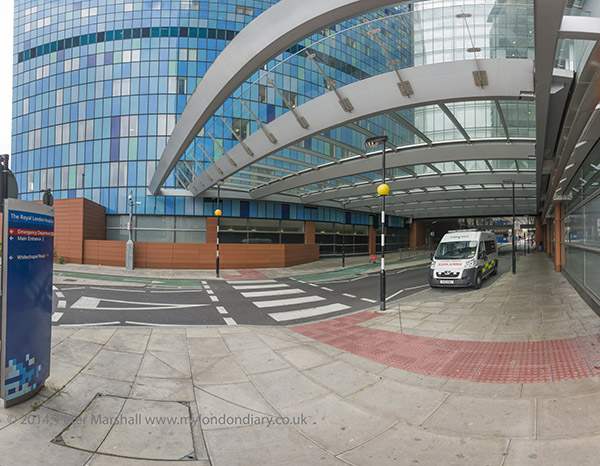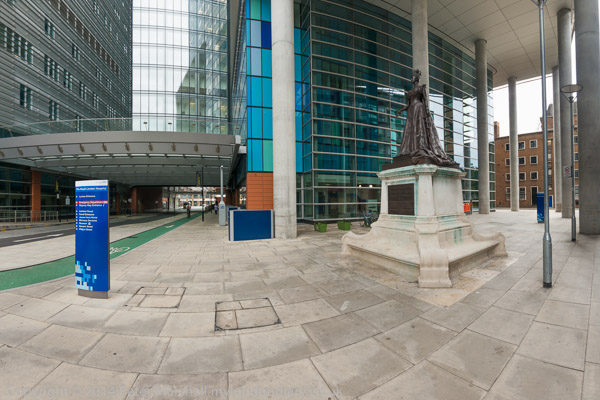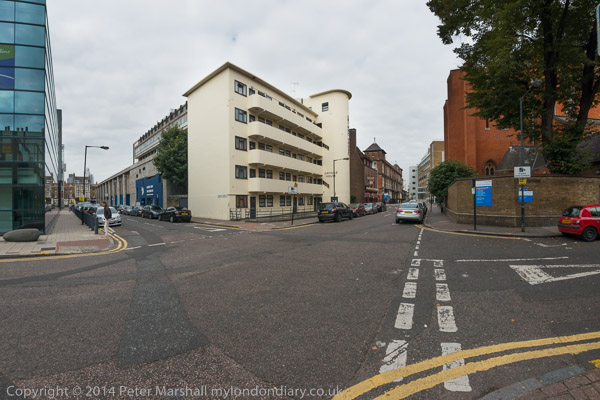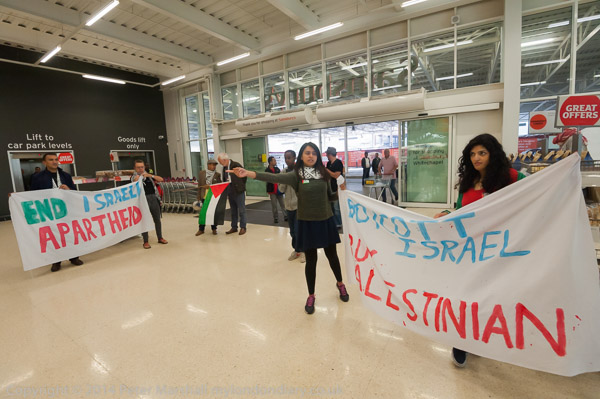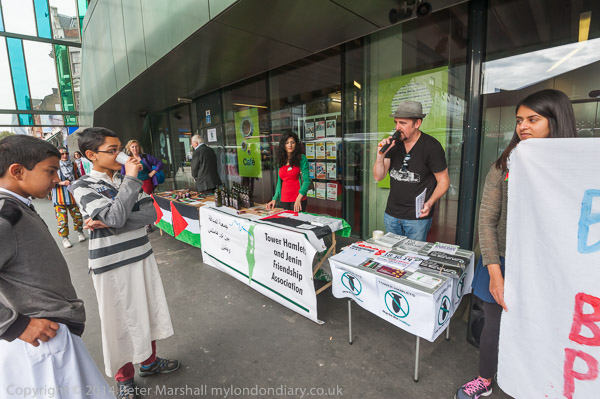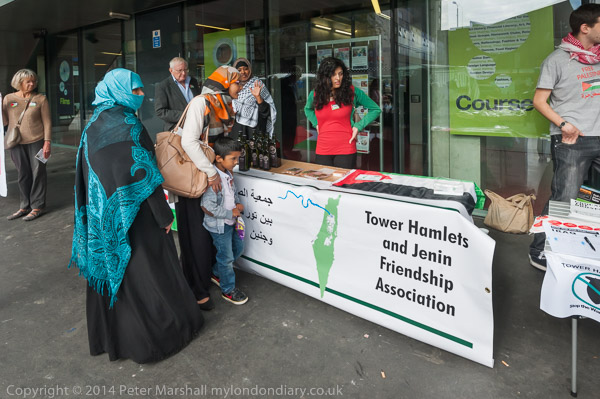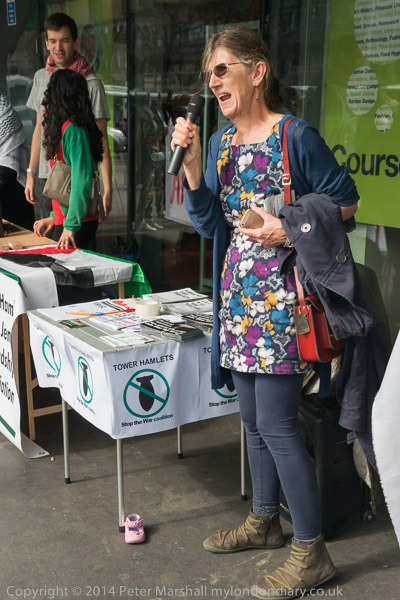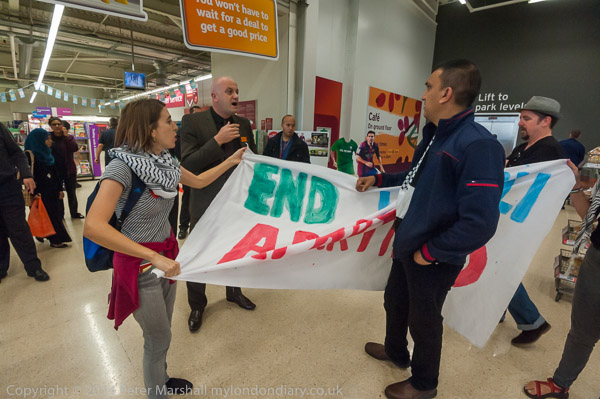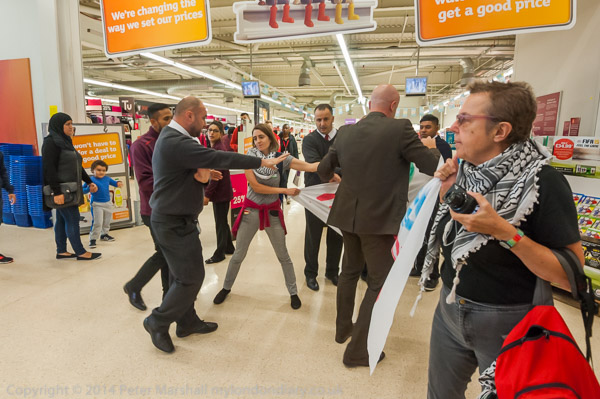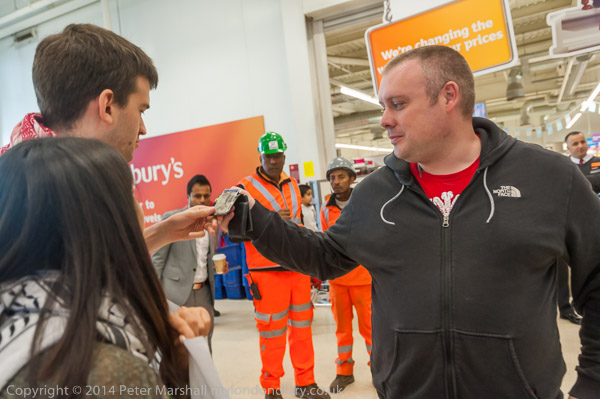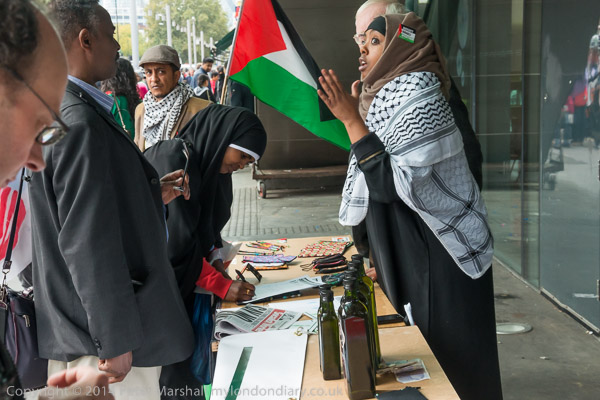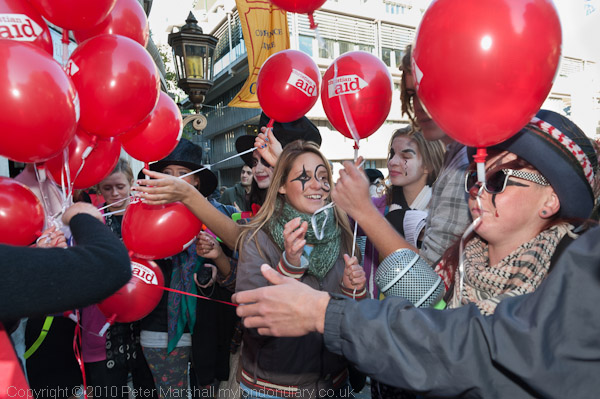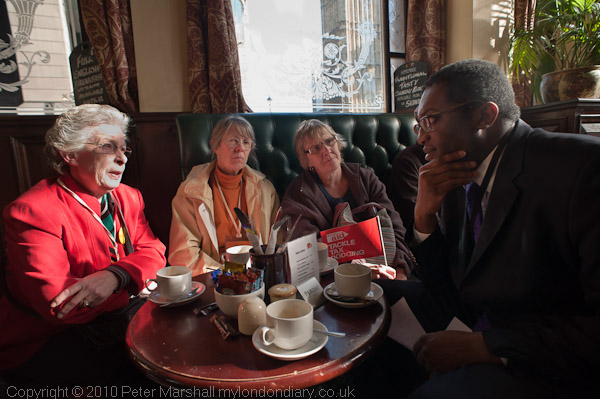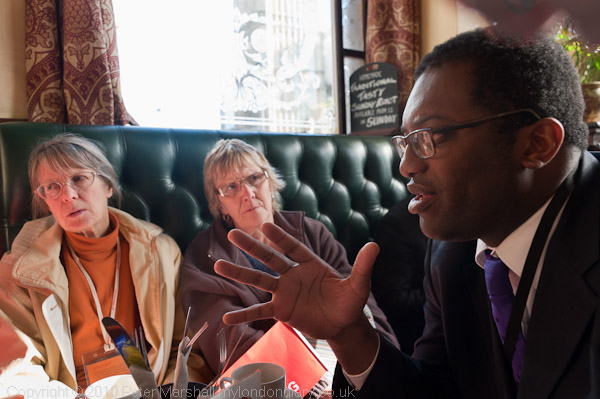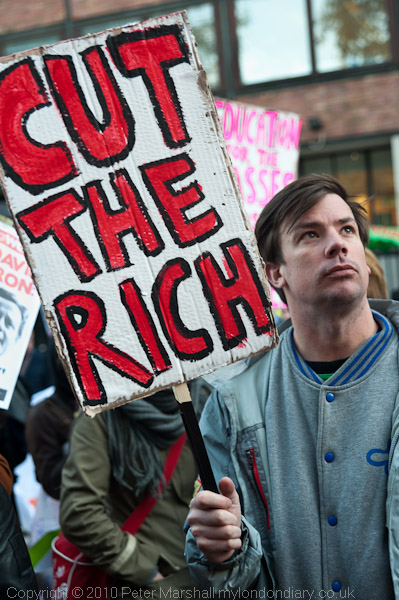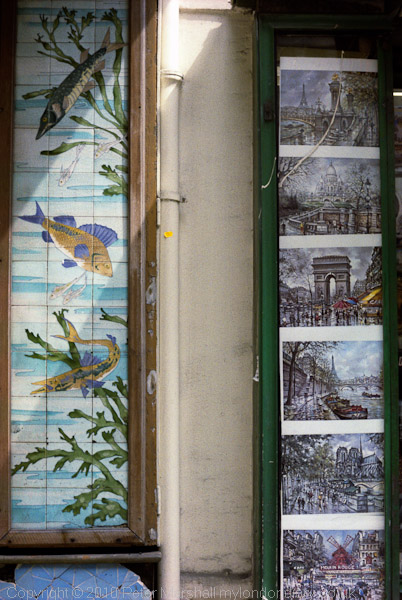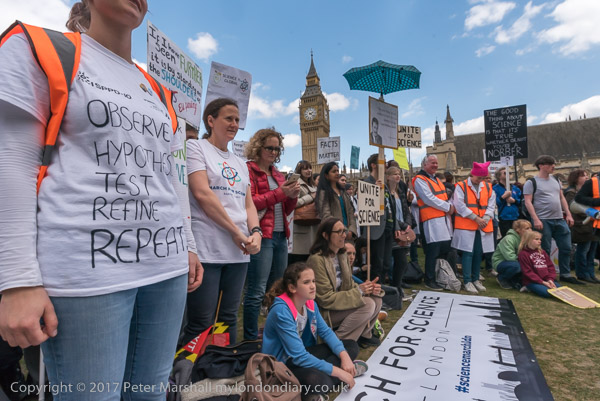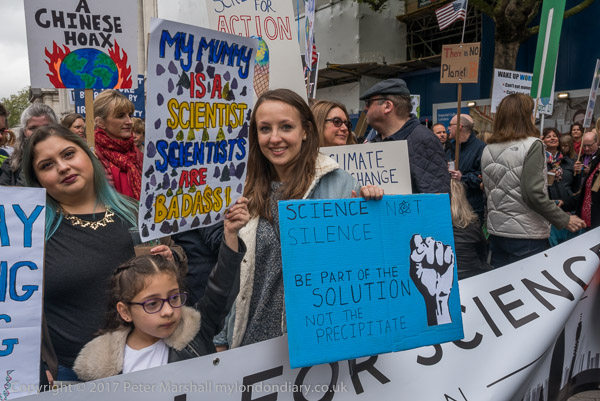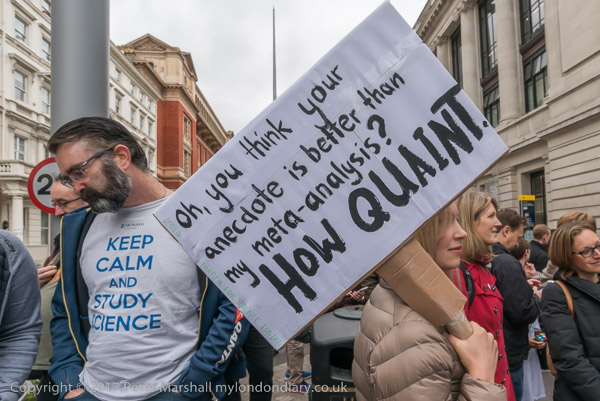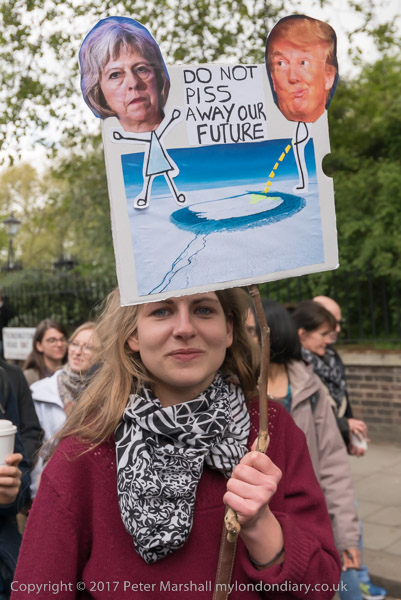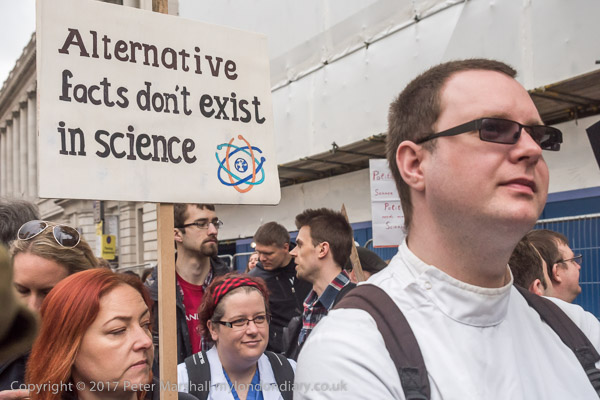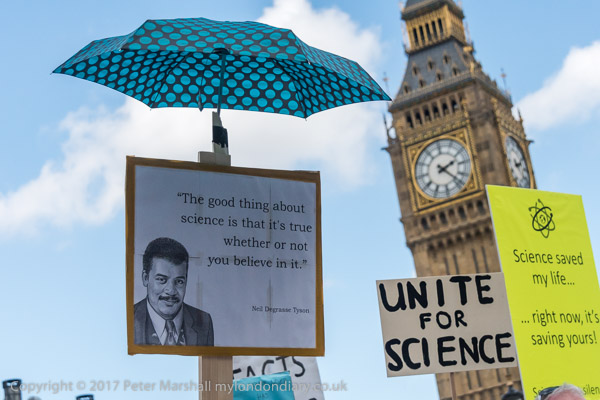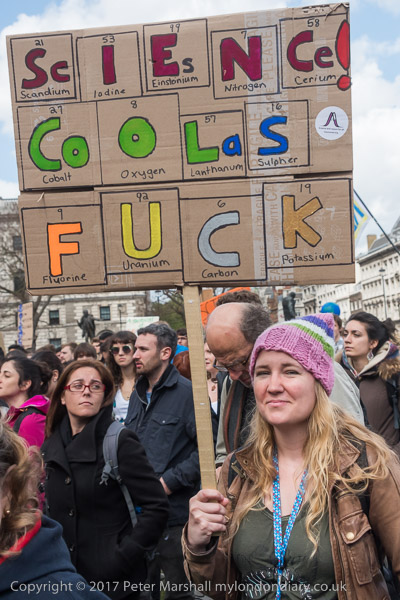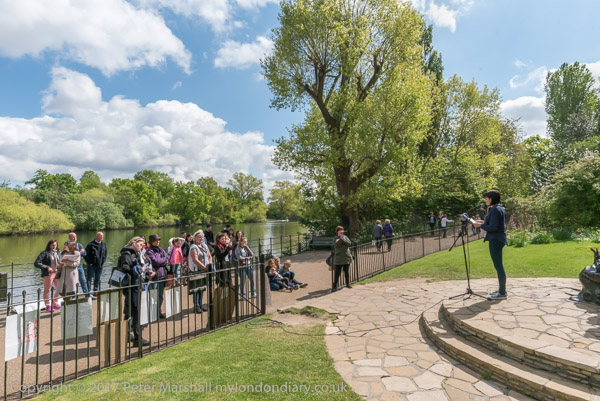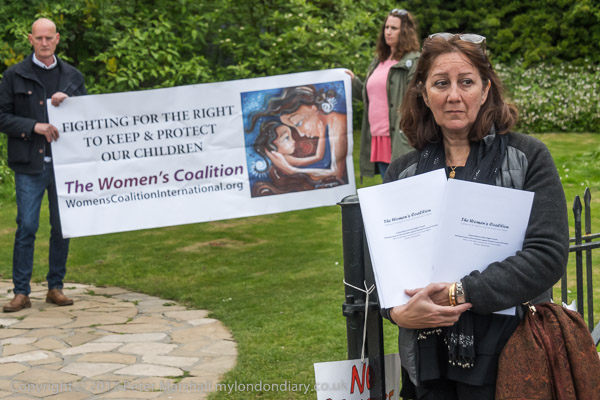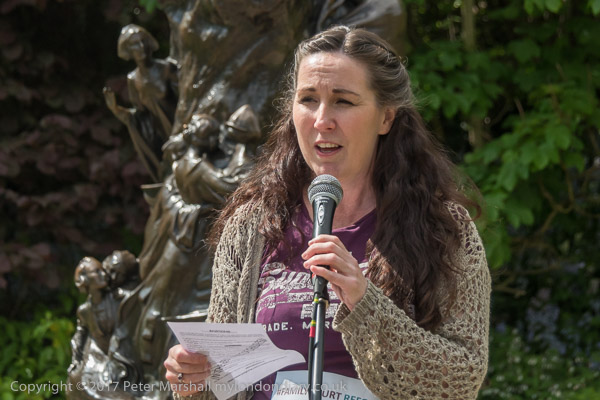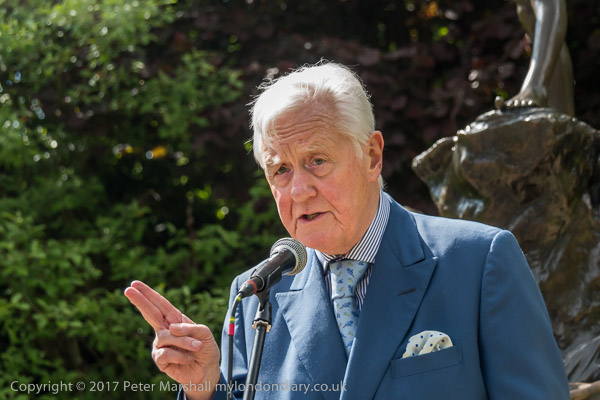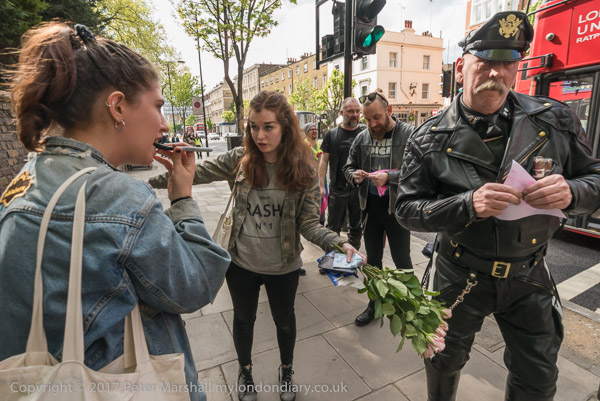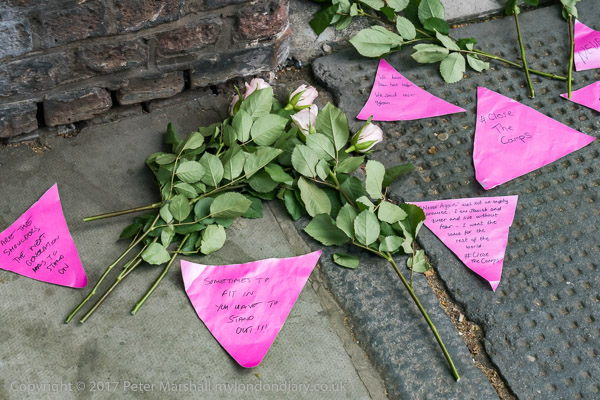Jesse Jackson, Cuts & Paris • New York • London Opening: Wednesday 20th October 2010 was an unusual day for me. I don’t often photograph conferences, but I started at one where Jesse Jackson was speaking and then went to lobby my MP over tax justice. Kwasi Kwarteng was seldom seen in the constituency but later became notorious when he helped Liz Truss crash the economy. From there I used to cover people marching to Downing Street against the government spending cuts before leaving to go to the Shoreditch Gallery for the opening of a show by three photographers I had organised, ‘Paris – New York – London’ (I was Paris.)
Jesse Jackson & Christian Aid Lobby – Westminster
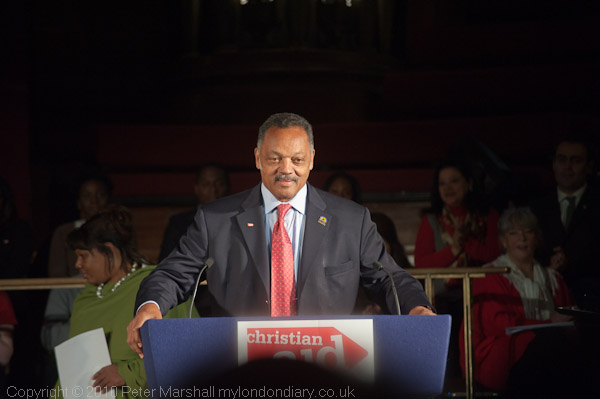
2,500 Christian Aid supporters including my wife had come to Westminster to lobby their MPs on 20.10.2010, asking them to press for transparency and fairness in the global tax system and for action on climate change.
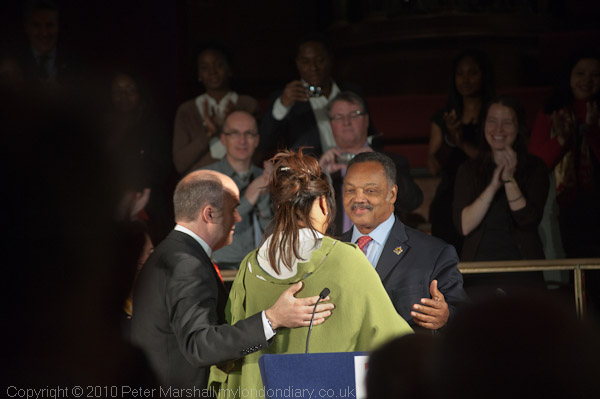
According to campaigners for tax justice various forms of tax dodging by multinational companies was then robbing the global South of more than $160 billion a year. And our high dependence of fossil fuels had led to a climate crisis which impacts these countries far more severely despite their much lower per capita carbon footprints.
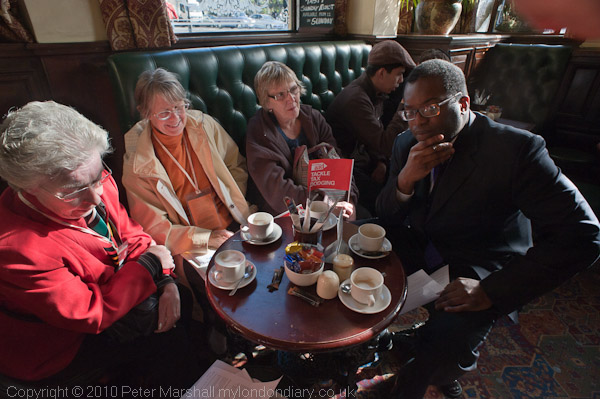
The rally took place in the vast Methodist Central Hall, opposite Westminster Abbey, and as we were reminded where the United Nations started. There was a huge ovation for US Civil Rights leader, activist and politician Jesse Jackson, a protégée of Martin Luther King president and founder of the Rainbow PUSH Coalition.
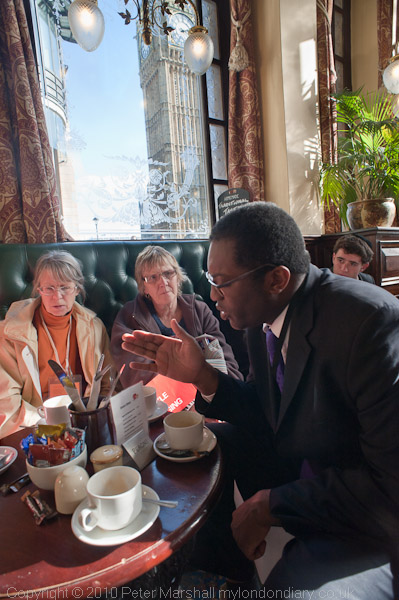
But there were also other distinguished speakers including the then new director of Christian Aid, Loretta Minghella, Suzanne Matale from Zambia and secretary of state for international development and MP for Sutton Coldfield, Rt. Hon Andrew Mitchell MP.
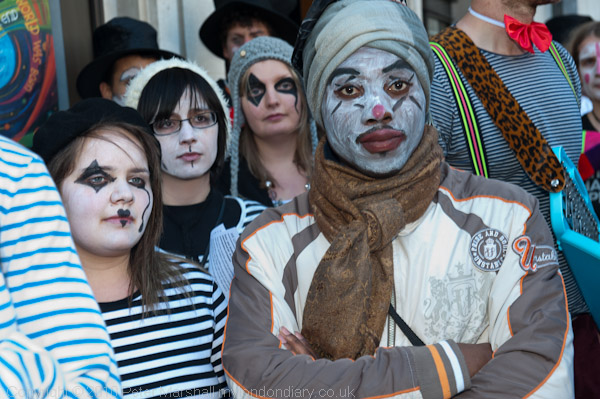
After the rally we met our local MP Kwasi Kwarteng and went with him into a pub opposite Parliament where he he listened to us and basically told us we didn’t understand global finance and climate change, before going outside to pose with for photographs.
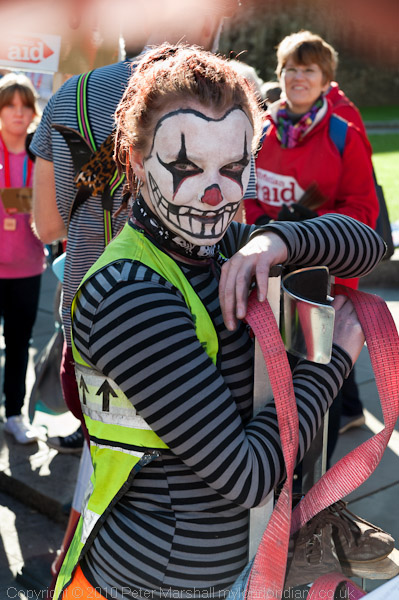
Outside there was some street theatre by younger Christian Aid supporters as people queued to meet there MPs and I made a few pictures before rushing away to find people marching to protest against government cuts.
Jesse Jackson & Christian Aid Lobby
March Against Spending Cuts – Malet St & Lincolns Inn Fields
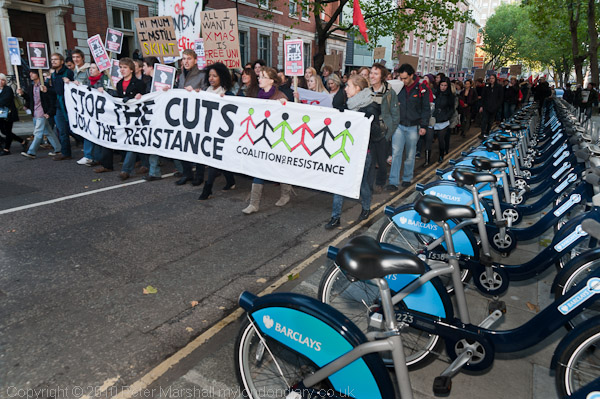
Earlier in the day the government had announced there would be considerable cuts in welfare benefits and the loss of many public sector jobs as services are cut following their comprehensive spending review.
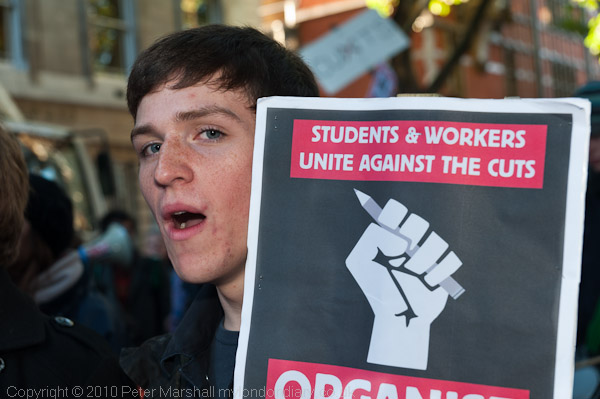
The deficit left by New Labour had given the Tories in the Con-Dem coalition a perfect excuse to slash the public sector and privatise services in a way they would never have dared before. £83 billion to be cut from public services, in a move that the Coalition of Resistance pointed out will mean many workers with less to spend and cause a slump in the economy.

But as I commented “Big business must be rubbing its hands with glee at the thought of the profits it will be able to make in the health service, from so-called ‘free schools’ and elsewhere.”
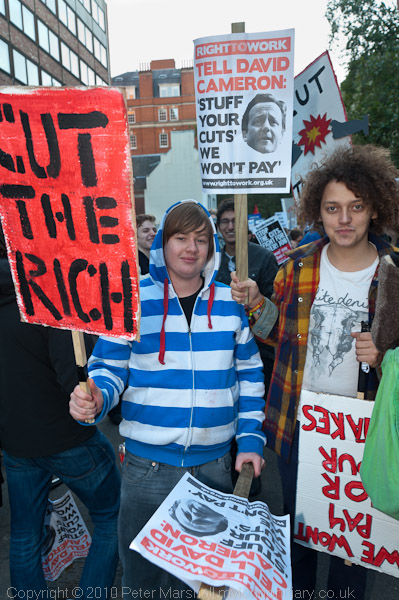
But for the rest of us the prospect was bleak. More than a million jobs lost – and some would be replaced in the private sector with lower wages, fewer benefits, lower standards of delivery and safety and higher workloads. Profit will come before anything else in the kind of “efficiency” we’ve seen in hospital cleaning – where I found used needles and dressings under my hospital bed as cleaners were not allowed the time to do the job properly.
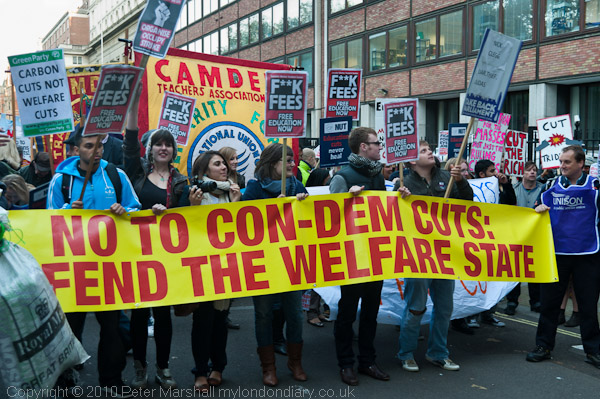
I went to photograph students setting off from outside the student union in Malet Street for the march to Downing Street, then went to Lincoln’s Inn Fields where trade unionists and more students gathering and there were speeches from an open top bus before they too set off.

But I went in the opposite direction to my opening at the Shoreditch Gallery.
Paris • New York • London Opening – Shoreditch Gallery, Hoxton Market
This show contained work by John Benton-Harris from New York, Paul Baldesare from London and myself from Paris and can still be seen online.
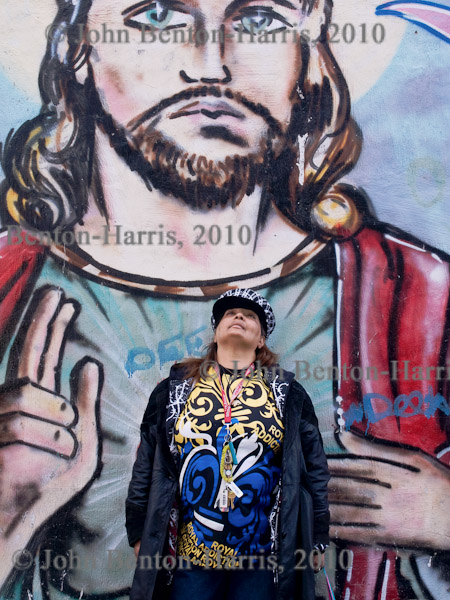
John Benton Harris (1929-2023), one of the finest photographers to come out of New York, settled in London in 1965 but continued also to photograph his native city and elsewhere. He was long a personal friend and I worked with him on a number of his projects including his Café Royal Zines and his unpublished book on the English.
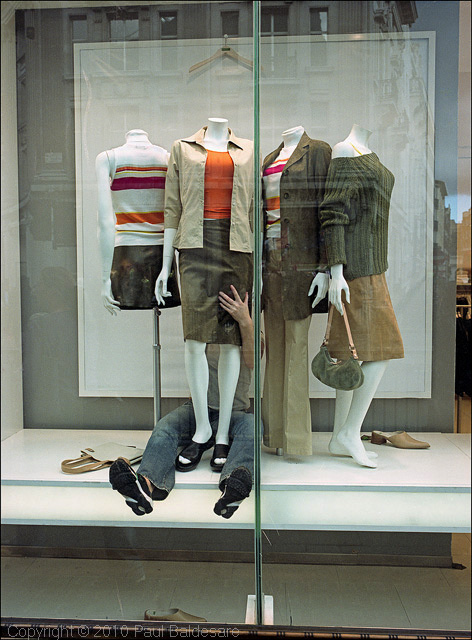
Paul Baldesare, another friend of mine with whom I’ve often shown pictures and a former student of John Benton-Harris showed work from one of his many projects on London, He is probably best known for his pictures on the tube.
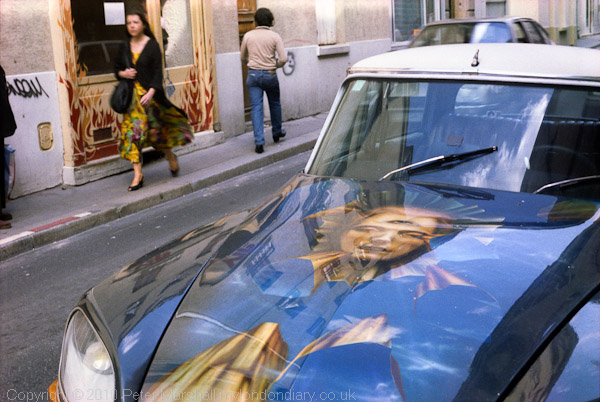
And I was showing a selection of images made in Paris in 1988 from a book I had also then recently published on Blurb.
Flickr – Facebook – My London Diary – Hull Photos – Lea Valley – Paris
London’s Industrial Heritage – London Photos
All photographs on this page are copyright © Peter Marshall.
Contact me to buy prints or licence to reproduce.
